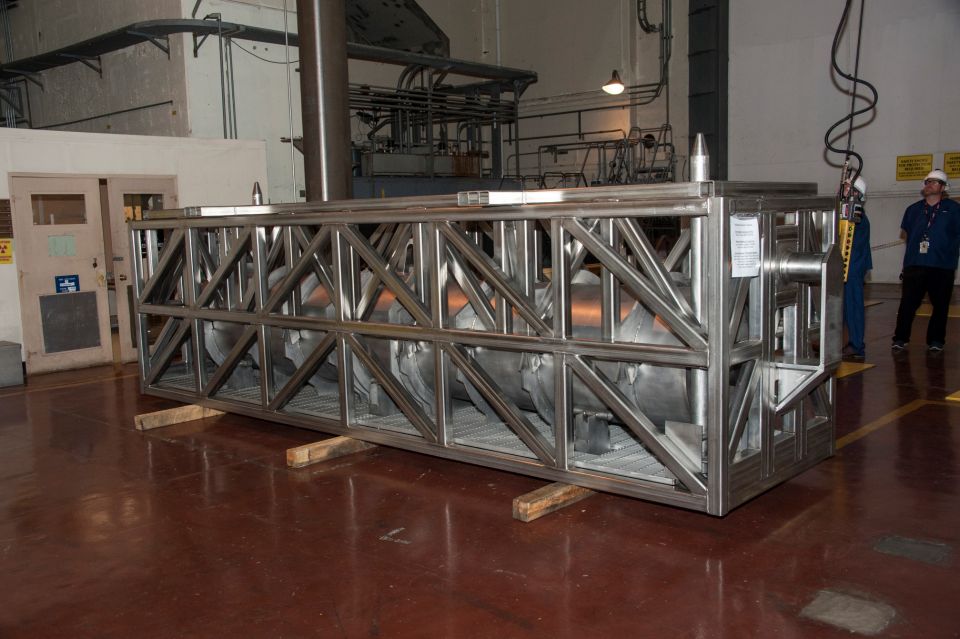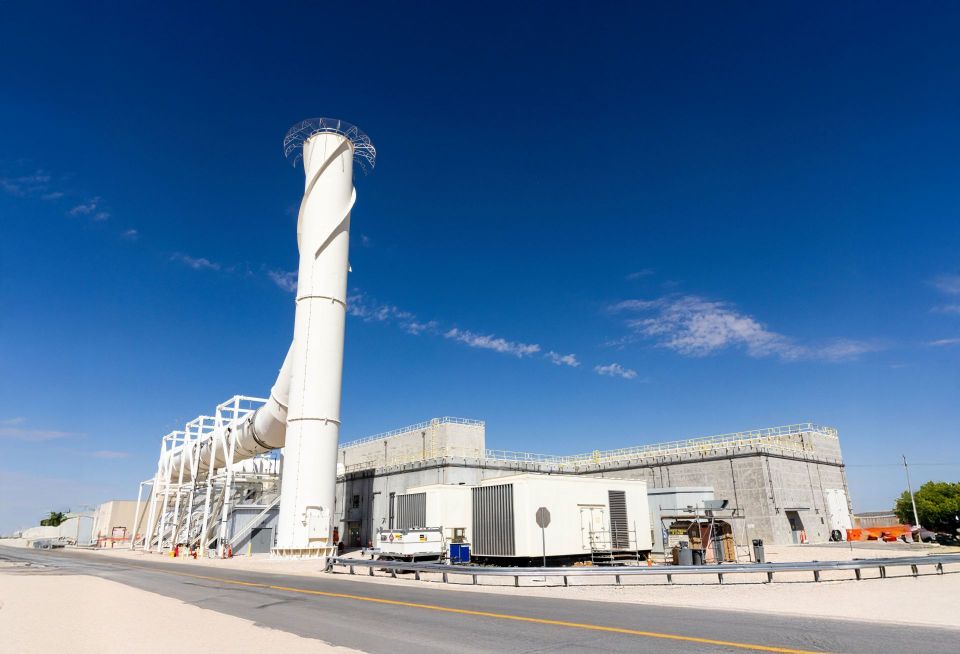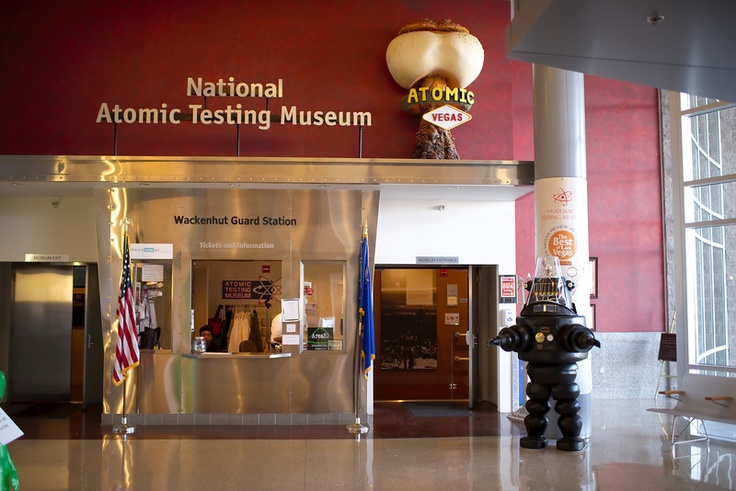Reclassification of HLW could reduce risks while saving billions, DOE says

An engineered stainless steel container designed to hold LLW at Hanford. Photo: Bechtel National, Inc.
A Department of Energy report to the U.S. Congress shows that the reclassification of high-level radioactive waste could save more than $200 billion in treatment and disposal costs while allowing DOE sites to be cleaned up sooner—all still without jeopardizing public health and safety.
The report, Evaluation of Potential Opportunities to Classify Certain Defense Nuclear Waste from Reprocessing as Other than High-Level Radioactive Waste, identifies potential opportunities for the DOE to reduce risk to public and environment while completing its cleanup mission more efficiently and effectively. Those opportunities are based on the DOE’s 2019 interpretation of the statutory term HLW, which classifies waste based on its radiological characteristics rather than its origin.
Under the DOE’s interpretation of HLW, waste from the reprocessing of spent nuclear fuel may be determined to be non-HLW if the waste (1) does not exceed concentration limits for Class C low-level radioactive waste as set out in federal regulations and meets the performance objectives of a disposal facility; or (2) does not require disposal in a deep geologic repository and meets the performance objectives of a disposal facility as demonstrated through a performance assessment conducted in accordance with applicable requirements.

-3 2x1.jpg)





